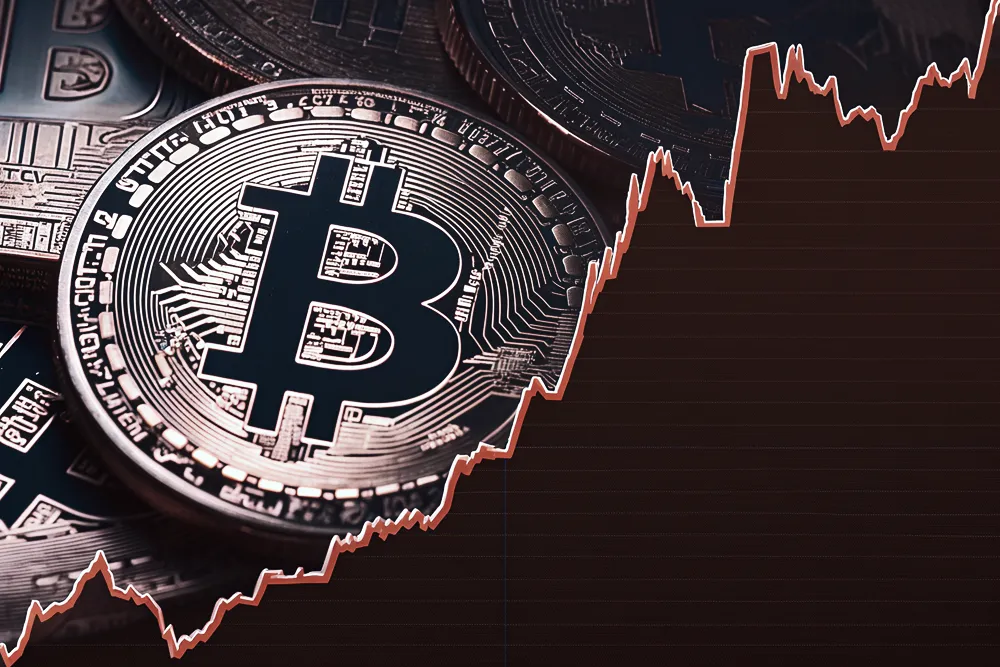撰文:Tia,Techub News
9 月3 日,Ondo Finance 正式上线 Ondo Global Markets,在以太坊上发行首批 100 多种代币化美股和 ETF,并计划在年内扩展到 1000 多种资产(面向非美/非英合格用户)。产品由受监管券商托管底层证券,代币在链上可即时转移并兼容 DeFi。这不仅是 Ondo 在 RWA 赛道的又一次重大动作,更是币股时代开启的标志性事件。
为什么这次与早期「合成股」不同?
把股票「搬上链」可以有很多实现方式,但真正决定其实用性与合规性的核心,在于法律关系和资产支持链路的设计。
与早期仅依赖衍生品价格跟踪的「合成股」不同,Ondo 采用了一套更接近传统金融架构的模式。首先,底层证券并非停留在「影子合约」层面,而是由受监管的券商或托管机构实际持有,链上代币通过 mint 与 burn 机制与这些资产实现 1:1 锚定,从而在理论上保证赎回权的存在。
其次,这一架构要求建立合规且高效的清算与交割通道,使代币持有人在提出赎回请求时,能够通过 KYC、合规审查与登记过户等流程,换回真实股票或现金。赎回机制的顺畅与否,将直接影响代币市场价格与标的资产之间的价差能否及时抹平。
此外,要实现真正意义上的「同股同权」,代币化证券还需承载分红、拆股、投票等公司行为,将传统权益分配与链上身份映射打通。然而,这一环节涉及法律确认与登记体系的复杂衔接,仍需通过受托实体或中介安排加以落实。
在技术与合规之间,也存在天然的张力:代币化证券具备与 DeFi 协议无缝组合的潜力,但现实中往往会受到白名单、转让限制或地理封锁等合规约束。Ondo 当前选择的路径(例如 Ondo 现在不向美、英用户开放),是在保持合法性的前提下逐步探索链上可组合性,为未来更开放的资本市场预留空间。
这会如何重塑加密金融版图?
首先,资产配置的范式正在发生改变。过去,链上资产主要围绕 BTC、ETH 和稳定币运转,如今代币化股票、ETF 和已经快速增长的代币化国债、货币基金一起,把「股票-债券-加密」的混合组合搬到了链上。对于机构和长线资金来说,这意味着跨市场配置的摩擦被显著降低;对于 DeFi 协议来说,更多样的抵押品和更稳健的利率锚随之出现。数据显示,2025 年 RWA 市场规模已达数十亿美元,国债和货币基金类产品率先被主流接纳为抵押品,这一趋势或将延伸到股票代币。
其次,流动性和做市逻辑也将被重塑。链上市场 24/7 不间断,而传统股市依旧遵循每日收盘与 T+ 结算,这种“时间差”必然带来摩擦:链上代币化股票的价格可能提前反映夜间事件或全球情绪,而当传统市场开盘时,价格差距又需要迅速回补。这迫使做市商开发跨时区、跨市场的套利与对冲工具,技术和资金门槛都极高,类似早期跨市场套利的演进路径。
抵押品维度的拓展将为衍生品和借贷市场注入新动力。以 BlackRock 的 BUIDL 为代表的代币化国债已经被加密交易所接受为保证金,如果未来股票代币也能进入保证金池,它们将被用于回购、借贷、期货保证金乃至清算,真正嵌入全球金融基础设施。这意味着衍生品市场可能迎来一批以「代币化实物」为抵押的新合约,在降低对手风险的同时,也把传统市场的波动性带到链上。
不过,合规仍是决定性因素。Ondo 暂未面向美国和英国用户,折射出监管态度的分化。欧盟、香港和新加坡等相对开放的地区,可能成为代币化证券的首批流动性中心,带来典型的“监管套利”与流动性地域集中现象。
在这样的大趋势下,真正的赢家或许并非单一平台,而是整条产业链。券商与托管机构将负责底层证券的持有与赎回;做市商和量化机构会在跨市场套利与风险对冲中发挥作用;清算与结算服务商需要把链上交易与传统清算所对接;钱包和 KYC 提供商则要在合规与用户体验之间找到平衡。
小结
代币化股票的意义已不只是把「旧酒装进新瓶」,而是在加密金融和传统金融之间开辟出一个新的中间地带。如果国债的代币化是一个「试水」,那么股票代币化则更像是一场「实战演习」——它可能让 DeFi 的资产基础彻底扩展,让加密世界与华尔街之间的边界开始模糊。
免责声明:本文章仅代表作者个人观点,不代表本平台的立场和观点。本文章仅供信息分享,不构成对任何人的任何投资建议。用户与作者之间的任何争议,与本平台无关。如网页中刊载的文章或图片涉及侵权,请提供相关的权利证明和身份证明发送邮件到support@aicoin.com,本平台相关工作人员将会进行核查。



